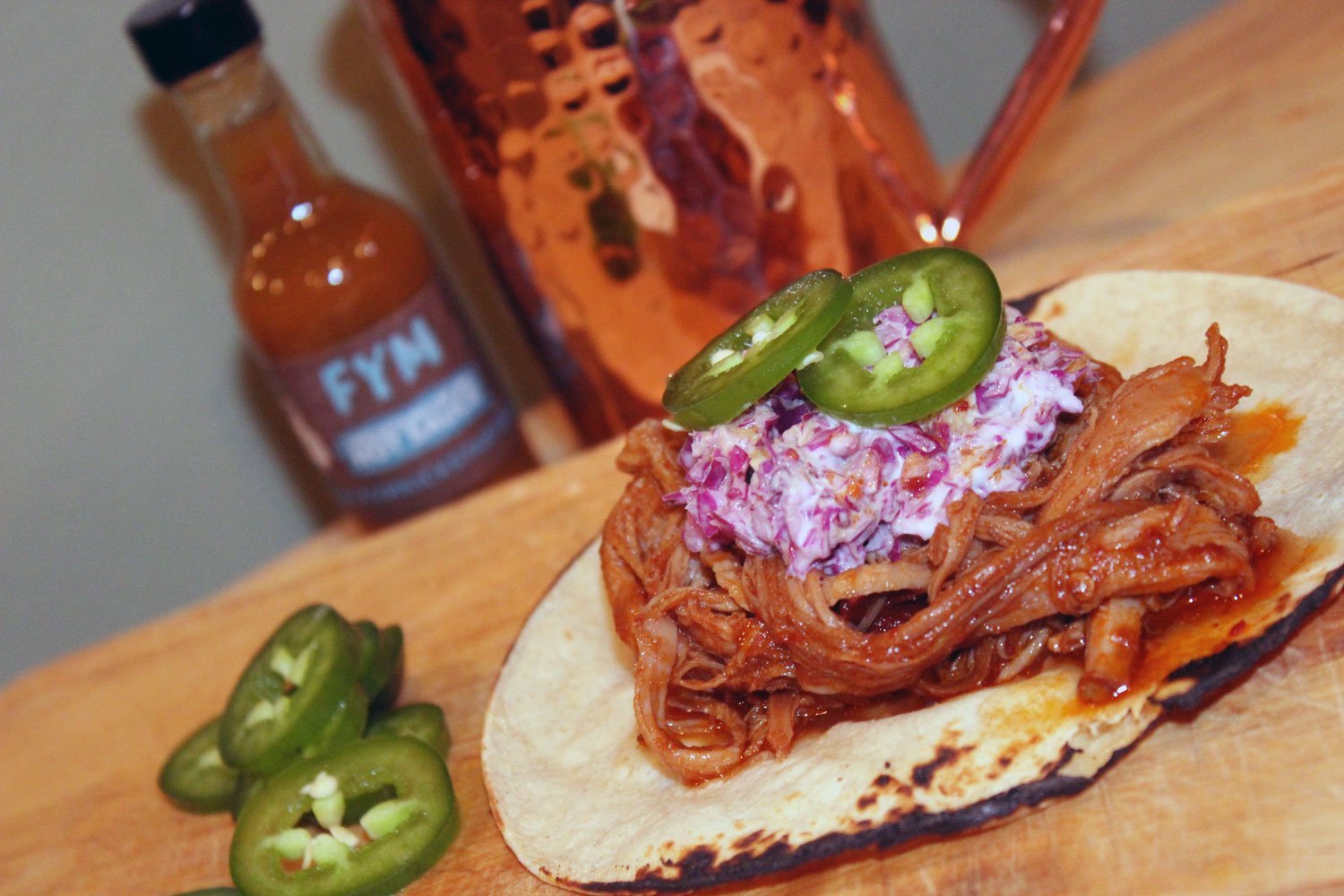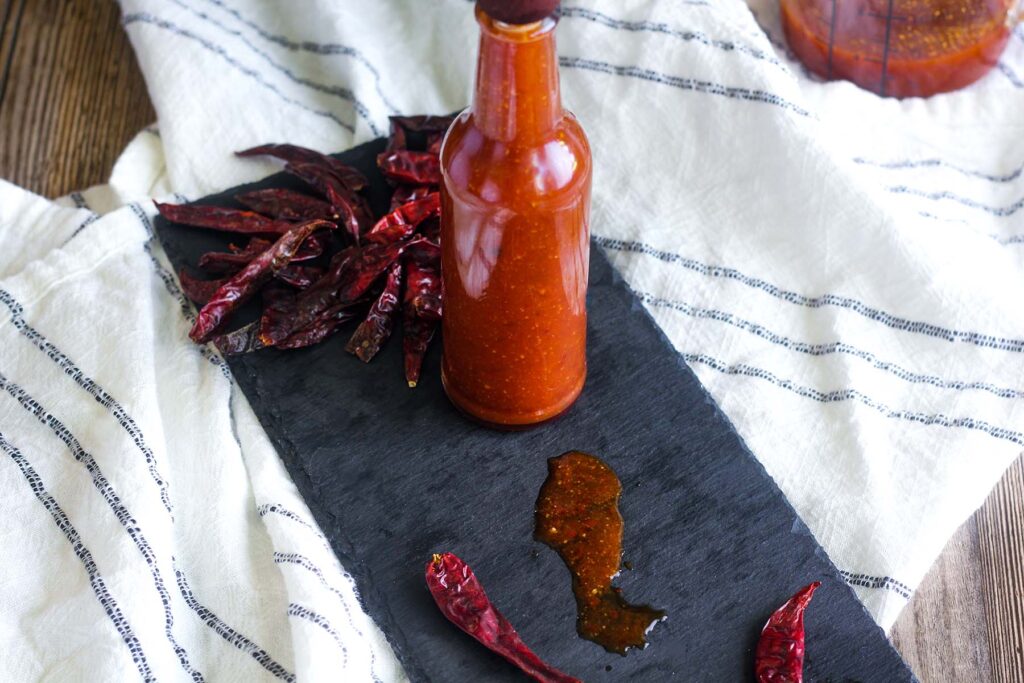How to Pasteurize Hot Sauce: Shocking Yet Terrific Methods
Written By James Morgan
For any **barbecue enthusiast**, the right kind of hot sauce can be nothing short of a culinary treasure. It's the perfect finishing touch that adds heat and flavor to grilled meat and sides. However, the safety of homemade hot sauce is paramount. Thus, knowing how to pasteurize hot sauce can elevate your sauces to a whole new level while ensuring that they are safe for consumption.
Pasteurization is the method of heating food to eliminate harmful microorganisms. When it comes to making hot sauce, this process is crucial, especially if you're planning to store the sauce for later use. This guide will explore the methods, step-by-step processes, and essential tips you need to successfully pasteurize your own hot sauce.

Understanding the Importance
Before diving into the **how-to**, it's vital to understand why you would want to pasteurize hot sauce in the first place. The primary reason is food safety. Hot sauce contains a variety of ingredients, from peppers to vinegar, which can harbor bacteria. Proper pasteurization can:
- Extend the shelf life of your sauce.
- Prevent spoilage and ensure a fresh taste.
- Maintain flavor while keeping harmful bacteria at bay.
Moreover, if you're interested in selling your hot sauce, whether at local farmers' markets or commercial outlets, meeting food safety requirements is essential.

Ingredients for Hot Sauce
Before we get into the pasteurization methods, lets briefly discuss the typical ingredients often found in hot sauces:
- Chili Peppers: These are the heart of any hot sauce.
- Garlic and Onion: These add depth to flavor.
- Vinegar: This not only preserves but also enhances flavor.
- Salt: Essential for taste and preservation.
- Fruits: Such as tomatoes or mangoes for added sweetness.

How to Prepare Your Hot Sauce for Pasteurization
Your first step should always be to prepare your ingredients. Chop, blend, or mash the peppers and any other ingredients you plan to use. Heres a simple recipe to get you started:
Ingredients:
- 10 ounces of fresh chili peppers (habaneros or jalapeos)
- 1 cup of vinegar
- 2 cloves of garlic
- 1 teaspoon of salt
Instructions:
1. Blend the peppers, garlic, and vinegar in a food processor until smooth.
2. Pour the mixture into a saucepan.
Pasteurization Methods
Now that we have everything prepared, lets discuss some **terrific methods** of pasteurization. You can choose to use boiling water, or, for those with a bit more equipment, sous vide. Lets break these down.
Boiling Water Method
This is the most accessible method for home cooks. Simply follow these steps:
- Fill a large pot with water and bring it to a rolling boil.
- Carefully pour in your hot sauce mixture and let it boil for about 20 minutes.
- Use a thermometer to ensure that the sauce reaches at least 190F (88C) for safety.
- After 20 minutes, remove your sauce from the heat and let it cool.
Sous Vide Method
For those who rave about precision cooking, the sous vide method is ideal for pasteurization:
- Fill a large pot with water and set your sous vide machine to 185F (85C).
- Pour your hot sauce mixture into a sealed bag, ensuring no air is trapped inside.
- Submerge the bag into the water bath and pasteurize for about 30 minutes.
- Remove the bag and cool before bottling.
Bottling and Storing Your Pasteurized Sauce
Once you pasteurize your sauce, its time for bottling:
- Make sure you use clean, sterilized bottles or jars.
- Pour your hot sauce into the containers while its still hot.
- Tightly seal the lids to create an airtight environment.
Store them in the refrigerator or keep them in a cool, dark pantry to maximize shelf life!
Common Questions
Why Should I Pasteurize My Hot Sauce?
Pasteurization helps eliminate harmful bacteria that might spoil your sauce and makes it safer for long-term storage.
How Long Will Pasteurized Hot Sauce Last?
When stored correctly, pasteurized hot sauce can last up to 6 months in the pantry and even longer in the refrigerator.
Can I Use Fruits in Hot Sauce?
Yes! Fruits can add a unique flavor profile. However, keep in mind that they may require longer cooking times for complete pasteurization.
Hot sauce lovers also enjoy experimenting with different types of peppers. If you're curious about the most popular hot sauces, or need to know how hot a specific sauce is, check out these links for more information.
Pasteurization might seem intimidating, but with the right methods, it becomes a simple and essential procedure for anyone serious about their hot sauce game. By following this guide, you can ensure your creations are not only **remarkable** but also **life-changing** for your barbecue menu!
As an Amazon Associate, I earn from qualifying purchases.



